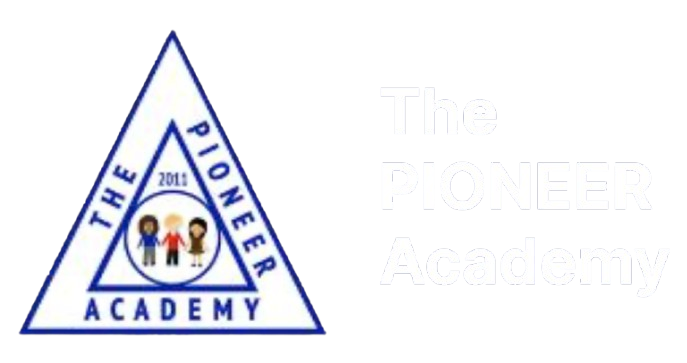Home | Learning | Curriculum | Subjects | PSHE
PSHE
Respect
Aspiration
Honesty
Tolerance
Caring
Responsibility
PSHE Curriculum Intent
Our PSHE programme aims to enable all our pupils to become healthy, confident, independent and responsible members of society. We encourage our children to play a positive role in contributing to the life of the school and the wider community; in so doing we help to develop their sense of self-worth. We teach them how society is organised and governed and about rights and responsibilities. They learn to appreciate what it means to be a positive member of a diverse multicultural society. PSHE helps children to acquire the skills, knowledge and understanding, attitudes and values, which are necessary to make sense of their life experiences and to feel confident and informed. We aim to prepare our children for their future through the delivery of a comprehensive PSHE programme.
PSHE Curriculum Implementation
Teaching and learning is based on Rosenshine’s principles. It is coherently planned and sequenced towards cumulatively sufficient knowledge and skills for future learning. Prior learning is activated through the use of retrieval practice to ensure the children know more and learn more over time.
‘I do, we do, you do’ at Ightham Primary School
Knowledge lessons always begin with retrieval practice, followed by ‘I do’, then ‘We do’ then ‘You do’ to ensure a gradual release of responsibility.
Teachers continually assess throughout the lesson to ascertain children’s understanding and be prepared to move back a stage if required. Depending on the understanding of the children, ‘we do’ should be extended to ensure all children are secure in their knowledge. If the children are not ready, the teachers should not move onto ‘You do’. A knowledge lesson could be taught over more than one lesson as a result of assessment for learning where the ‘you do’ part is covered in a subsequent lesson.
Following knowledge lessons, children will be given the opportunity to apply the knowledge through enquiry and investigative tasks which need to be clearly modelled, scaffolded and adapted as required, to meet the needs of the individual children.
At Ightham Primary School, our PSHE curriculum includes the statutory areas of Relationships and Health Education. We have also included a third key strand – Living in the Wider World.
- Health and Wellbeing
- Relationships (including RSE)
- Living in the Wider World
Our curriculum is based on the PSHE Association’s thematic model. This allows themes to be covered in a spiral curriculum where areas are revisited in each year group with content taught progressively. Our three key strands have been carefully designed as a context through which to develop the concepts, skills and attributes set out below:
- Identity (their personal qualities, attitudes, skills, attributes and achievements and what influences these; understanding and maintaining boundaries around their personal privacy, including online).
- Relationships (including different types and in different settings, including online).
- A healthy (including physically, emotionally and socially), balanced lifestyle (including within relationships, work-life, exercise and rest, spending and saving and lifestyle choices).
- Risk (identification, assessment and how to manage risk, rather than simply the avoidance of risk for self and others) and safety (including behaviour and strategies to employ in different settings, including online in an increasingly connected world.
- Diversity and equality (in all its forms, with due regard to the protected characteristics set out in the Equality Act 2010).
- Rights (including the notion of universal human rights), responsibilities (including fairness and justice) and consent (in different contexts).
- Change (as something to be managed) and resilience (the skills, strategies and ‘inner resources’ we can draw on when faced with challenging change or circumstance).
- Power (how it is used and encountered in a variety of contexts including online; how it manifests through behaviours including bullying, persuasion, coercion and how it can be challenged or managed through negotiation and ‘win-win’ outcomes).
- Career (including enterprise, employability and economic understanding).


